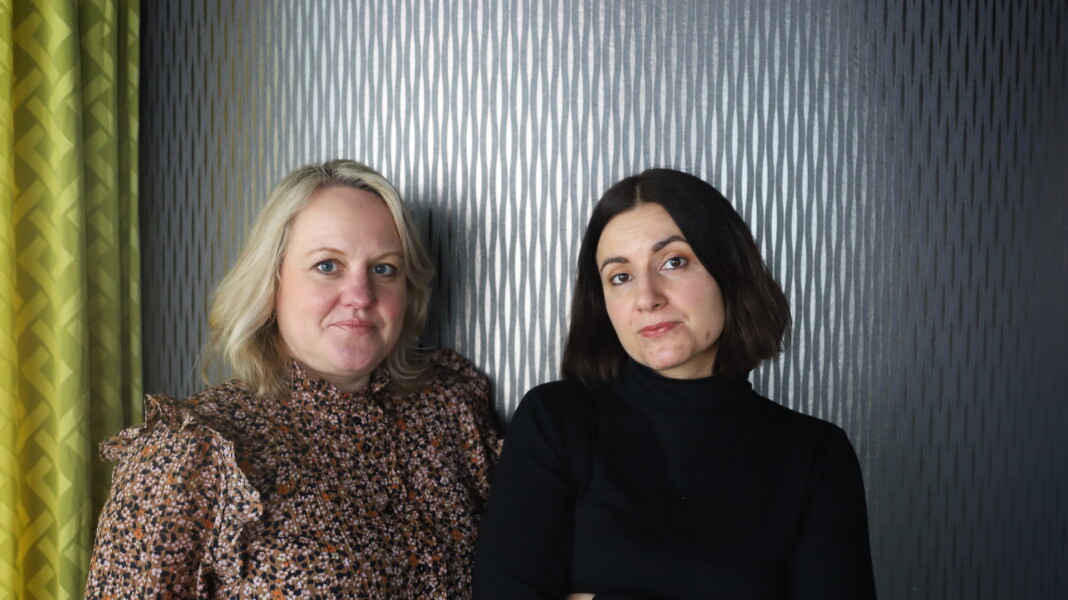
Av Forskerforum
Publisert 9. mars 2023 kl. 16:07
A form of research that is currently gaining ground is citizen science, whereby ordinary citizens volunteer to run research projects. One such example is Measure Your City where Ketil Moland Olsen (pictured) is one of the contributors. The project originated in Amersfoot and was launched in Bergen by university researcher Scott Bremer.
‘The cynical approach is to treat citizen science as free information, but the basic idea is that people should have a chance to understand and participate in what researchers do,’ he says.
Citizen science inevitably raises the question of quality. Researcher Line Barkved at the Norwegian Institute for Water Research sees the potential of citizen science but feels it lacks concrete examples of how it can be done and what it is best suited to. This should be clarified by a report coordinated by the Research Council of Norway. While volunteers are often recruited for natural science projects, more is now happening in the social sciences and humanities. But how to get a project up and running remains the biggest challenge.
According to the Norwegian Association of Researchers’ pay statistics for 2022, museum employees are not particularly well paid. Helga Anspach has worked at Kode museum in Bergen for 20 years. A qualified teacher, she also has a master’s in art history but says could earn 150,000 kroner more teaching in schools. According to her colleague Maria Tripodianos, the museum’s pay hierarchy penalises educators even though they have the same qualifications as curators.
This imbalance is not a problem at the Norwegian Museum of Science and Technology, where salaries now correspond to qualifications rather than job titles. Former union representative Safina de Klerk explains: ‘If you’re an educator with a master’s you’re on the same pay scale as a conservator with a master’s.’
Similarly qualified economists and administrators in the public sector still earn far more, however. ‘We just have to raise the salaries for art experts. There wouldn’t be any museums without us,’ Tripodianos concludes.
How much do researchers, associate professors and PhD candidates earn at private colleges, research institutes and in the health sector? What is the average salary for a researcher at SINTEF or Oslo University Hospital? How much does a conservator earn compared to a museum educator? Each year, the Norwegian Association of Researchers (NAR) asks all its members how much they earn. The figures for the private sector and museums, archives and libraries have now been published.
There has so far been little cooperation regarding higher education in Europe, but now head of the European University Association, Michael Murphy, wants Brussels to have more power to remove barriers such as language requirements and different vacation times. He says countries are unwilling to adapt but that delegating powers to central bodies would simplify the process. He thinks stronger European control is needed to cope with competition from China and the US. International university alliances are increasingly important, and the EU’s goal is to have transnational campuses by 2027.
Read more: